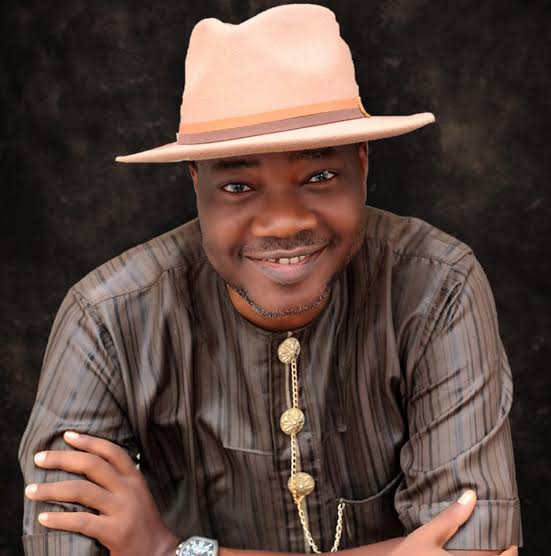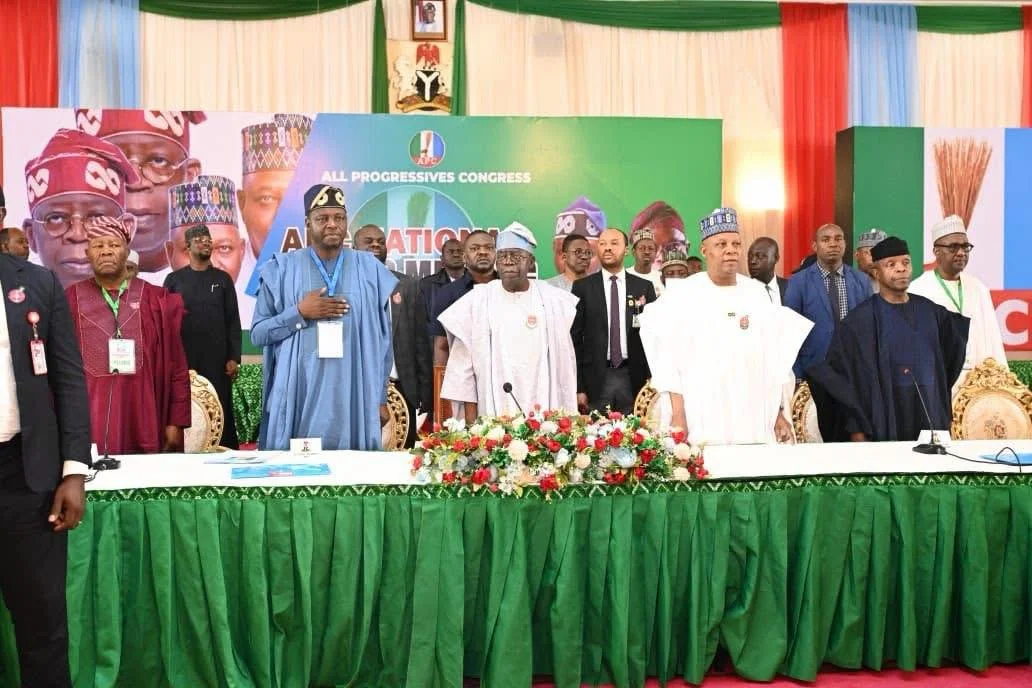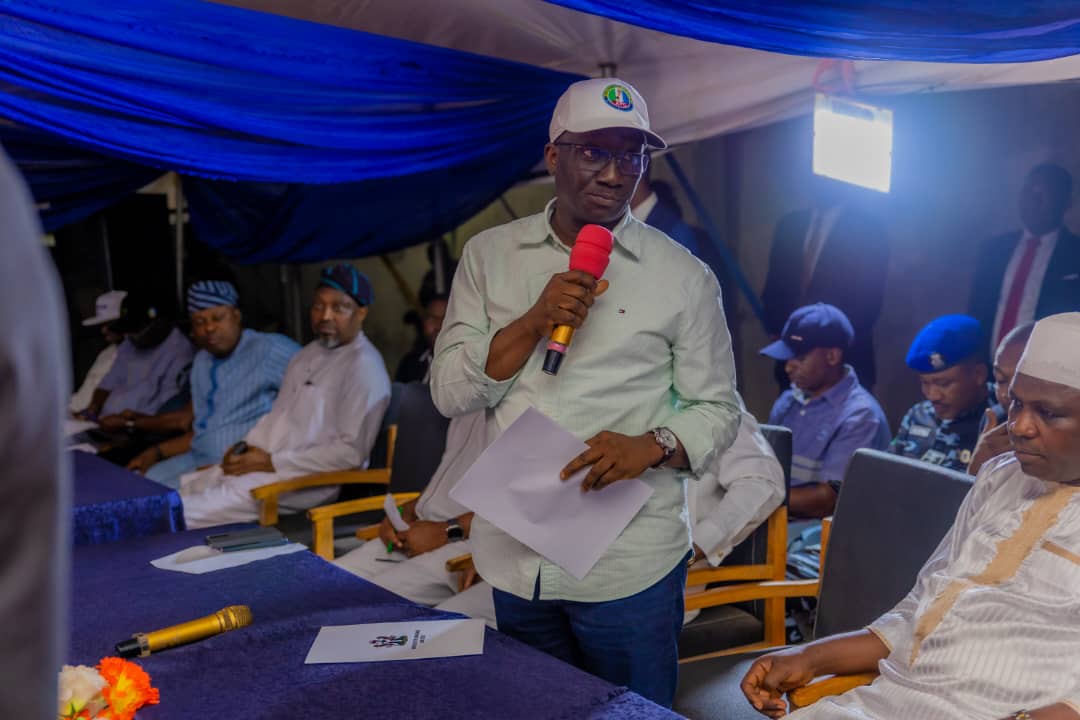A Development Consultant and Public Affairs Analyst, Mr Jide Ojo, says six-year single tenure and rotational presidency will not solve the challenges currently confronting Nigeria.
Ojo states this on Sunday in Abuja in an interview with the News Agency of Nigeria (NAN), while reacting to the rejection of a single tenure and rotational presidency bill by the House of Representatives.
NAN reports that the house had, at plenary on Thursday, rejected a bill seeking to amend the 1999 Constitution to provide for a single term of six years for the offices of the president, governors and local government chairmen.
The bill, sponsored by Rep. Ikenga Ugochinyere (PDP-Imo) and 33 others, also sought the rotation of the office of the president between the North and South, and the governorship among the three senatorial districts in each state.
NAN also reports that the proposed legislation seeks to alter Sections 76, 116, 132 and 136 in the 1999 Constitution (as amended).
The bill was, however, rejected by the lawmakers when it was put to a voice vote by the Speaker, Tajudeen Abbas, who presided over the plenary.
Ojo said that the bill would not solve the numerous challenges currently confronting the country.
According to him, what the country needs at the moment is not single tenure or rotational arrangement at all levels of government but good governance.
Ojo said that power at the centre had been rotated between the northern and southern zones, adding: “the question is: has it made the country or any of its part better?
“Yes, political inclusion is good but it is not going to be the antidote to our problems.
“You cannot do the right thing the wrong way. The bill was supposed to be a constitutional alteration bill and it was supposed to be taken along by the Constitutional Alteration Committee of the National Assembly,” he said.
The public affairs analyst argued that a system of tenure of government cannot be altered by an act of parliament.
“It is wrong for 34 members of the house of representatives to have initiated it as a bill of the National Assembly. It should be a constitutional alteration bill and cannot be treated in isolation.
“If every constitution alteration bill is sponsored at random, how many alterations are we going to have as a country?
“Earlier, the NASS was handling one on state police, which cannot be birthed by act of parliament. It is in the constitution.
“It has to be dealt with through devolution of powers from the exclusive legislative list to the concurrent list,’’ he said.
He identified the issue of single tenure as another major factor that killed the bill.
“Where in the world have you heard that there is a single term of six years of an elective office? All over the 54 African countries, I am yet to be aware of any.
“What happens is that many African countries have two terms of five years. Like in Ghana, Kenya and several others, they have two tenures. I think Rwanda is two terms of seven years.
“Now you want to do a one of six years. How does that solve the problem of governance?
“You said you want one term of six years so that we will not be spending so much on elections every four years. That is a pedestrian argument,” he said.
Ojo also expressed concerns that the rejected bill had too many critical issues rolled into one.
He said that the bill, among other things, wanted a single term of six years and that the Federal Government should recognise six geo-political zones, while all elections should be held on the same day.
Ojo said that the sponsors of the bill ought to have separated them as stand-alone bills “so that if one fails, others can succeed.
“That is what kills the constitution alteration in 2014 and why former President Goodluck Jonathan refused to sign the bill.
“There were so many noble initiatives but after spending many billions of naira, we lost the opportunity of constitution review in 2014.
“From that time till now, every issue is now being taken as separate bill so that if one fails, the other can succeed,” he said.
The development consultant advised Nigeria to face the issue of restructuring, infrastructural development, fight against corruption and other challenges confronting the country and the citizens.
“Let us think outside the box rather than just being fixated on old theories that once this is done, all solutions to our problems have come. It doesn’t work that way.
“We need to hold government to account, but let’s deal with the existential issues around the devolution of power, resource control, fiscal federalism, anti-corruption, transparency and accountability in governance.
“Let’s deal with those issues. Why should we be borrowing so much and there is nothing much to show for our state of infrastructure?
“So all this unnecessary grandstanding of someone from the north or south is not necessary or healthy for the health of the country at this moment,” he said.
According to him, what is needed now is a united Nigeria, “united in confronting hunger, united in defeating poverty.
“It should not be a northern agenda or a southern agenda now. It should be a Nigerian agenda,” Ojo stated. (NAN)




